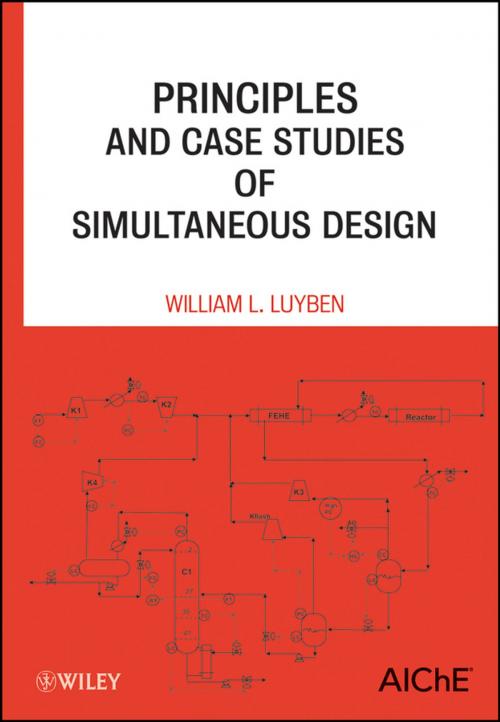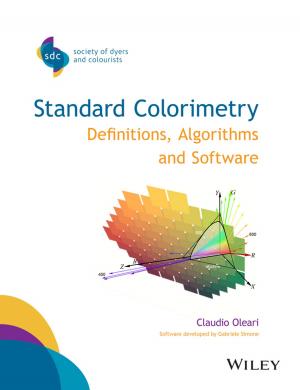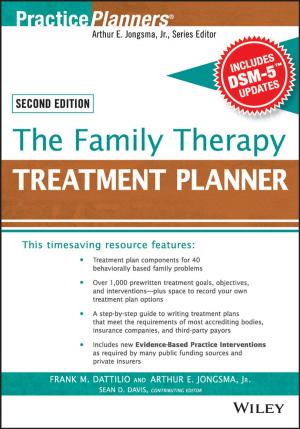Principles and Case Studies of Simultaneous Design
Nonfiction, Science & Nature, Technology, Engineering, Chemical & Biochemical| Author: | William L. Luyben | ISBN: | 9781118001646 |
| Publisher: | Wiley | Publication: | February 8, 2012 |
| Imprint: | Wiley-AIChE | Language: | English |
| Author: | William L. Luyben |
| ISBN: | 9781118001646 |
| Publisher: | Wiley |
| Publication: | February 8, 2012 |
| Imprint: | Wiley-AIChE |
| Language: | English |
There are many comprehensive design books, but none of them provide a significant number of detailed economic design examples of typically complex industrial processes. Most of the current design books cover a wide variety of topics associated with process design. In addition to discussing flowsheet development and equipment design, these textbooks go into a lot of detail on engineering economics and other many peripheral subjects such as written and oral skills, ethics, "green" engineering and product design. This book presents general process design principles in a concise readable form that can be easily comprehended by students and engineers when developing effective flow sheet and control structures.
Ten detailed case studies presented illustrate an in-depth and quantitative way the application of these general principles. Detailed economic steady-state designs are developed that satisfy economic criterion such as minimize total annual cost of both capital and energy or return on incremental capital investment. Complete detailed flow sheets and Aspen Plus files are provided. Then conventional PI control structures are be developed and tested for their ability to maintain product quality during disturbances. Complete Aspen Dynamics files are be provided of the dynamic simulations.
There are many comprehensive design books, but none of them provide a significant number of detailed economic design examples of typically complex industrial processes. Most of the current design books cover a wide variety of topics associated with process design. In addition to discussing flowsheet development and equipment design, these textbooks go into a lot of detail on engineering economics and other many peripheral subjects such as written and oral skills, ethics, "green" engineering and product design. This book presents general process design principles in a concise readable form that can be easily comprehended by students and engineers when developing effective flow sheet and control structures.
Ten detailed case studies presented illustrate an in-depth and quantitative way the application of these general principles. Detailed economic steady-state designs are developed that satisfy economic criterion such as minimize total annual cost of both capital and energy or return on incremental capital investment. Complete detailed flow sheets and Aspen Plus files are provided. Then conventional PI control structures are be developed and tested for their ability to maintain product quality during disturbances. Complete Aspen Dynamics files are be provided of the dynamic simulations.















